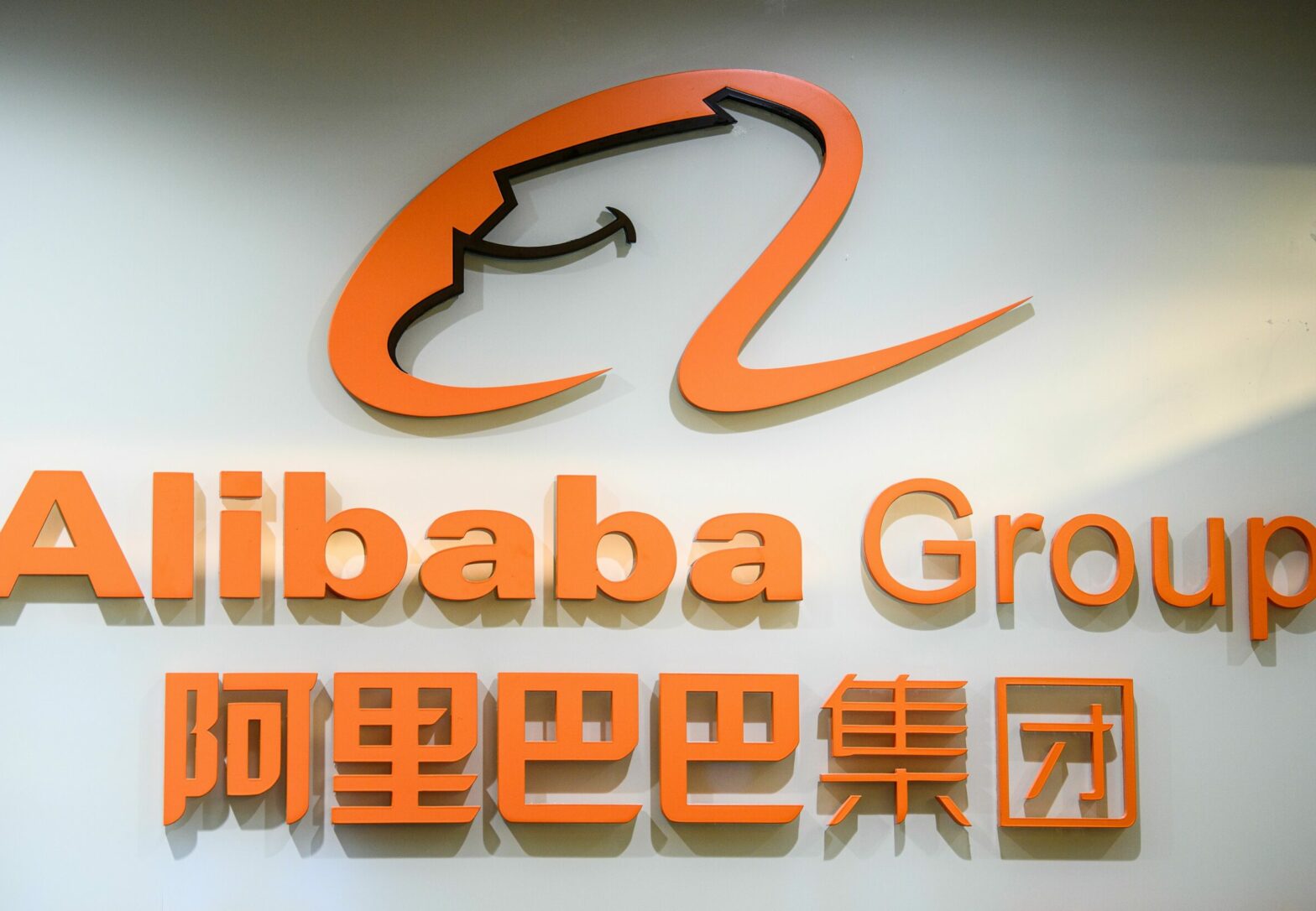Alibaba‘s launch comes as part of a larger mission to lead the large language model (LLMs) as-a-service space by offering bespoke products implementable anywhere from cloud infrastructure to hardware, with a select group of customers trying Tongyi Qianwen out.
In a demo, Tongyi Qianwen showed the ability to draft letters, plan travel itenaries and recommend products to retail shoppers.
Initially, the chatbot will be deployed into Alibaba’s DingTalk collaboration suite, demonstrating a continuation of the aim to compete with Microsoft Office and Google Workspace.
Additionally, a beta version of a Tongyi Qianwen API has been made available to developers based in China.
According to Alibaba CEO Daniel Zhang, “we are at a technological watershed moment driven by generative AI and cloud computing”.
Zhang went on to predict that the technology “will bring about big changes to the way we produce, the way we work, and the way we live our lives”.
The name for Alibaba’s new release roughly translates as “seeking an answer by asking a thousand questions”.
All-in-one online collaboration spaces powered by generative AI is a growing trend, made evident by similar launches in Microsoft’s Copilot — underpinned by OpenAI‘s GPT-4 — and a new AI-powered productivity tool from Google — developer of Bard.
Calls to cease development
While generative AI shows signs of bolstering the completion of administrative tasks for employees in organisations across multiple sectors, fears have been raised around the speed of its evolution.
An open letter was recently penned between tech leaders including Elon Musk, Steve Wozniak and Jeff Orlowski-Yang, stating that the technology “can pose profound risks to society and humanity”. Signatories are currently being slowed for the time being due to high demand.
Following release of the letter, a Sortlist study reveals that 66 per cent of people support a cease on AI developments, concerned by the speed and direction of the technology.
Additionally, 69 per cent of people see recent AI developments as negative for society, while 42 per cent would be more likely to vote for a government that would enforce a pause on AI developments.
550 users based across the UK, Belgium, Germany, Spain, France, and the US were surveyed by Sortlist.
Possible security risks
There are also possible security risks to take into account when it comes to using generative AI.
Following the launch of Tongyi Qianwen from Alibaba, ESET global security advisor Jake Moore commented: “One can assume that nothing happens in China without the authorities knowing about it or directly sanctioning it. Therefore, with the recent security threats posed by the Chinese Communist Party potentially being able to view TikTok data, it can be assumed the same threat will occur here.
“Chatbots are increasingly being used and are often fed very sensitive data which could include secret company information. This data is extremely valuable and could be used to spy on companies if shared with third parties.
“It must be remembered that AI does not only intelligently create impressive output but it also analyses the input that feeds the algorithm and stores it forever.”
Related:
Mike Myer – ‘Generative AI is another huge transformation’ — Mike Myer, CEO and founder of Quiq, believes that generative AI promises to change our world in the way the internet did back in the mid-1990s.
ChatGPT vs GDPR – what AI chatbots mean for data privacy — While OpenAI’s ChatGPT is taking the large language model space by storm, there is much to consider when it comes to data privacy.










